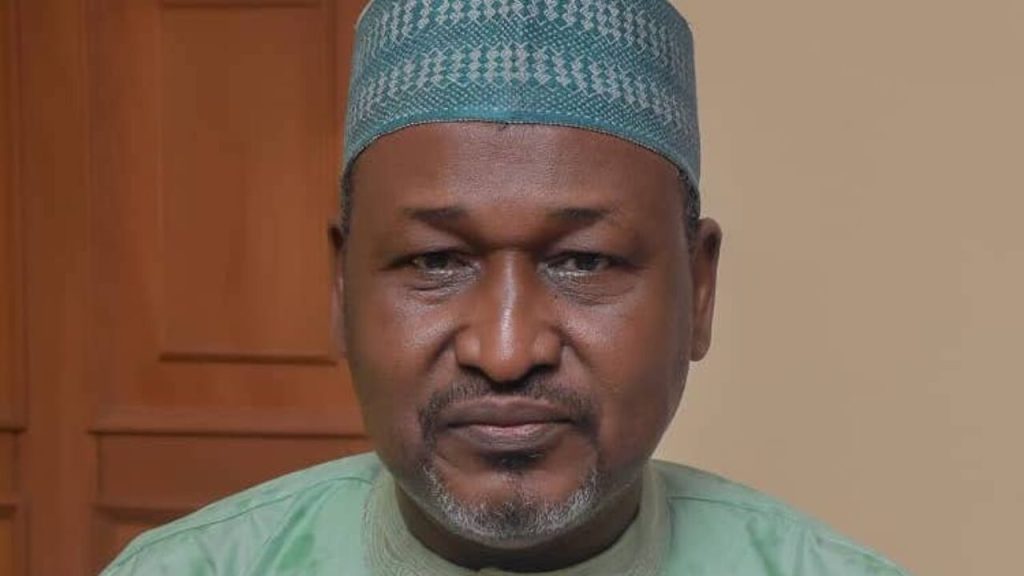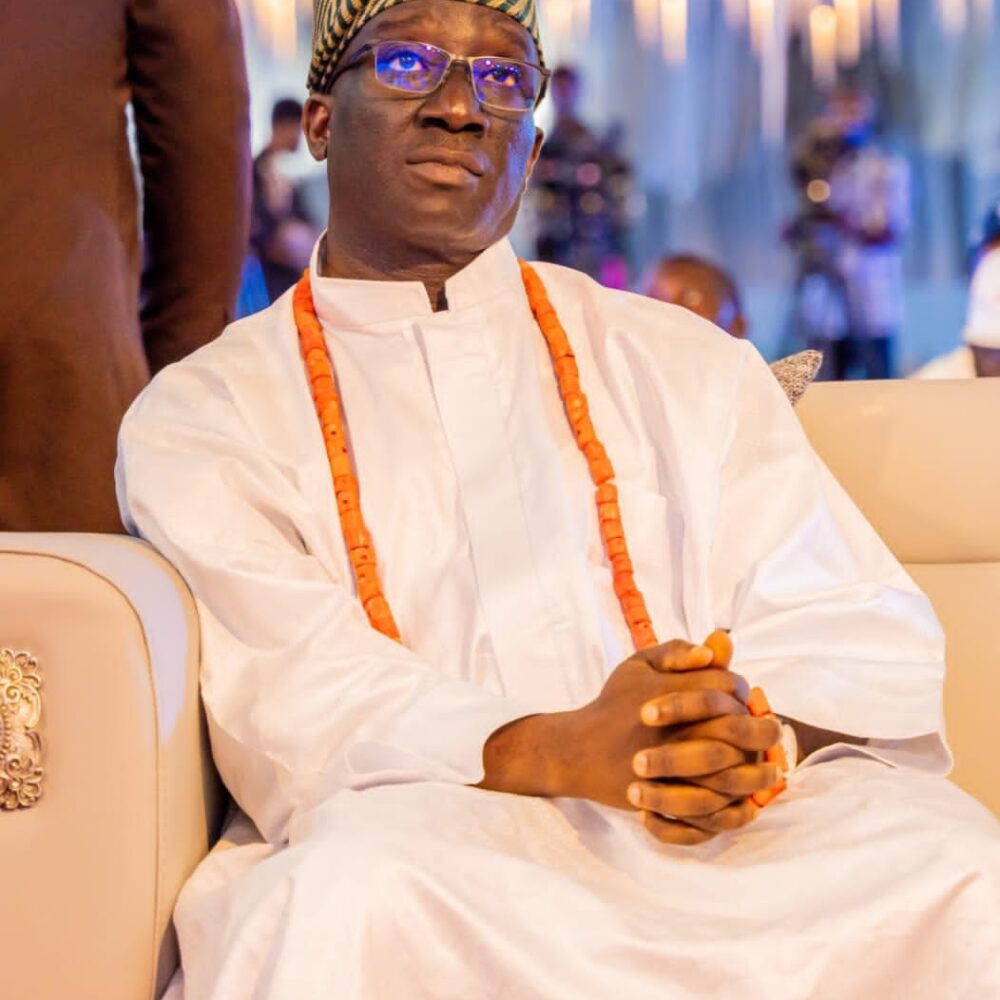Introduction
“No nation can rise above its level of education” is a popular dictum. We congratulate the new President-elect, Asiwaju Bola Ahmed Tinubu, as his election has raised our hope that the educational sector will be repositioned to become functional in its output, productive to the Nigerian youths and stable in its operations.
It is in this respect and having played some role in both the Ministries of Education and Science and Technology in the past 12 years, this memorandum is written to the Jagaban to appeal to him to make key restructuring of these two Ministries if Nigeria is to rise again.
Restructuring two Ministries
The Education Ministry is probably the largest Ministry in Africa, with mandates covering basic, secondary and tertiary education: Universities, Colleges of Education, Polytechnics, Monotechnics, Specialised Institutions, etc, besides the non-formal education sub-sector consisting of Nomadic Education, Adult Education and the upcoming Almajiri Education Commission, and several other parastatals too numerous to mention. The Ministry of Science and Technology (recently they added “innovation” to their name), on the other hand, is one key ministry that is still struggling since its creation, to give us one single innovation or global technology product that the world can call Nigerian. It has 17 Agencies and Research Institutes under its supervision, gulping tens of billions of research budgets every blessed year.
Last two weeks, Nigeria received a visiting delegation from South Korea who came to Nigeria to inaugurate the BEAR-3 Project, that is: “Better Education for Africa’s Rise,” it’s third phase in West Africa, as two earlier phases had been done covering South Africa and East Africa. In 1958, five years after the devastating Korean civil war, three nations in three different continents were adjudged as being at the same level of development by all UN indices. And these were Nigeria, Brazil and South Korea. Sixty five years after, South Korea has not only emerged as the 10th largest economy in the world, but are trying to help its former peer, Nigeria, out of the woods. South Korea is proud to put major brands as innovations on the global table such as different LG and Samsungproducts, Hyundai and HUBO Robots. Nigeria is yet to get one product of innovation into the national or continental levels not to talk of the global market. What went wrong? The answer to this pertinent question is the very reason for this memo to His Excellency, the President-elect, to get Nigeria back on track!
Eleven years ago, while on an official visit to Vietnam for research collaboration, I discovered that every Research Institute in Vietnam was Postgraduate Degree awarding. Nigeria’s Research institutes don’t enjoy this mandate, except the few of them domiciled in Universities. And this could explain why no serious research is taking place in the 17 Institutes under the Science and Technology Ministry. Most of these agencies are only doing window dressing and the researchers are poor with very few publishing High-Impact-Factor International Journal papers, with little patents registered and virtually zero commercialisation of these patents. Most Researchers in these agencies have stagnated. This must change.
I propose that the Federal Ministry of Education be split into two: Federal Ministry of Higher Education and Research and the Federal Ministry of Basic and Secondary Education. The Federal Ministry of Higher Education and Research should be merged with the Federal Ministry of Science and Technology and all its 17 research agencies. More importantly, all these Research Institutes should be relocated to relevant Federal Universities and given immediate mandates to open up their laboratories to undertake Masters and Doctorate training/research with academic superintendence from the University Senates. Presently, most Agricultural Research Institutes (supervised by the Federal Ministry of Agriculture) in Nigeria are run this way. The staff of these Institutes should be assessed by University standards and ranks given to them with the advantage that those hardworking may rise to Professorial Chairs. This shift will radically change the postures of Nigerian Research Institutes and make them more productive with some of the researches hopefully becoming innovations as seen in most emerging Asian economies.
Presently, these research Institutes are not undertaking any serious research with few patents registered not to talk of innovations. They operate without research road maps that give targeted goals over time frames, what Malaysia called IRPA: Intensive Research in Priority Areas, since the 1990s. This is bound to change once the Research Institutes are made to operate under academic environments with effective monitoring by the University Senates. The new Federal Ministry of Higher Education and Research should equally give priority to skills development under the Technical and Vocational education and Training sub-sector.
Employability of Diploma holders should be the new paradigm and in this respect, a policy that will ensure that Nigerian students in Polytechnics must graduate not only with a Diploma, but at least one certified skill (Nigeria Skills Qualification) of the candidate’s choice. There are presently so much skill gaps in the nation’s economy and we should drive the skills agenda vigorously to reverse the present importation of skilled labour from Asia in our several oil and gas, hydroelectric power, rail and other key projects.
The Federal Ministry of Basic and Secondary Education should be repositioned to effectively deliver on its current mandates in basic and secondary education and equally address the over 20 million Out-of-School Children, vast majority of who are Almajiris. The upcoming National Commission for Almajiri and Out-of-School Children Education is a very commendable effort of the National Assembly, which will surely address a major concern of most Nigerians: the Almajiris. During the public hearing held this month, it was stimulating to note that even the Christian Association of Nigeria supported the Bill with minor modifications.
Almajiri education was an inherited system which had its roots almost a millennium before colonisation, from the famous Sankore University in Mali, established in the year 989 AD, the World’s third University and the first in Sub-Saharan Africa. What this system of education requires today is reform by introducing modern methods of teaching, infrastructural intervention and embedding skills acquisition in the training program, to end the menace of begging, which was not part of the scheme originally.
Conclusion
We look forward to a successful inauguration of the new Government as Nigerians are hopeful that Asiwaju shall re-engineer and re-invent the Nigerian nation to be the pride of the Black Race through major restructuring, key among them shall be the overhaul of the Education and Science and Technology Ministries, the split and merger of their relevant components with clear roadmaps.
. Idris Muhammad Bugaje, a Professor of Chemical Engineering, is the Executive Secretary of the National Board for Technical Education, Kaduna.





